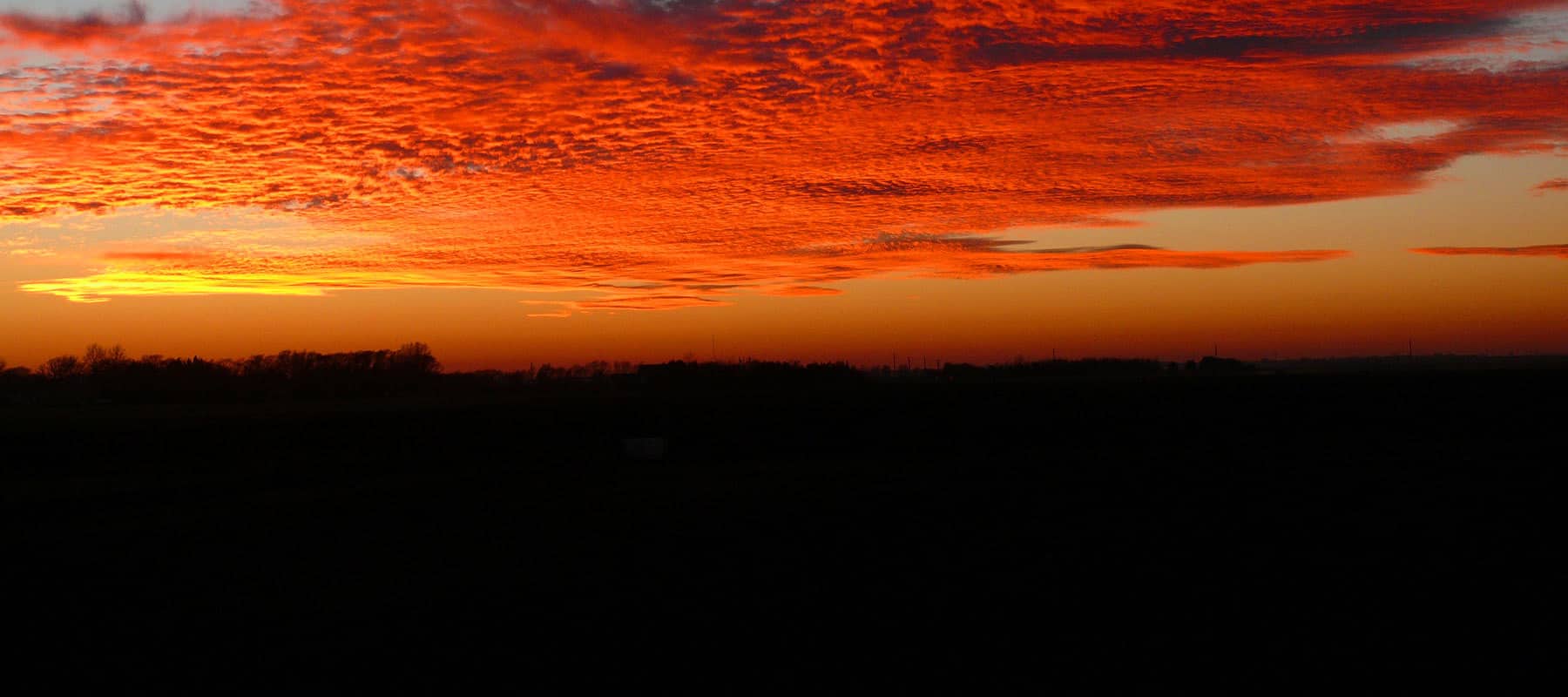Manitoba Cattle Farmers Face Rising Costs from Drought & Government
Brandon, MB—Manitoba cattle farmers are facing higher costs and may soon see falling prices. Farmers may be on the eve of a severe cost-price squeeze. The NFU today sent a letter to the Manitoba Minister of Agriculture detailing the problem and outlining some solutions.
The drought is driving up feed grain and hay prices and costs for transporting feed. These increasing costs are squeezing already-tight margins. “It’s terrible. Our pastures and hay fields are withering. We don’t have enough feed for our cattle so we’re forced to buy it. But as hay and feed grain prices rise, it costs more and more to keep the cattle. It’s devastating,” said Ian Robson, NFU Board member and farmer who raises crops and cattle near Deleau, MB.
Compounding these drought-related cost increases is a recent move by the Manitoba government to sharply increase crown land lease rates—tripling charges, in some cases. “These higher lease rates are a burden to all lease-holders, even where the drought isn’t severe. And where the drought is severe, farmers have no idea how they’re going to pay these higher rates,” said Shelley Dyck, who raises cattle near St. Rose, MB.
Farmers’ rising costs could soon be exacerbated by falling cattle prices if Prairie farmers are forced to sell off large parts of their beef herds. As we move into fall and winter, farmers will be forced to pay more and more to keep and feed cattle that may be selling for less and less.
At their recent provincial convention, Manitoba NFU members passed resolutions focused on easing the situation in that province. First, the NFU is calling on the Manitoba Government to forego or refund all crown land forage and grazing lease fees for 2021.
Second, the NFU is calling on the Manitoba Government to amend legislation that requires $5.50 per head be collected at time of sale and forwarded to cattle industry groups. “There’s a $3.00 provincial fee; the Manitoba Government could change provincial legislation in order to give the farmer a choice as to whether to contribute that money at time of sale. Further, the Province should ask Ottawa to do the same with the $2.50 national fee,” said Robson.
He added: “Giving farmers a choice, up front, would make the cattle organizations more accountable for their advice and actions, and improve their performance on behalf of farmers.” He noted that Manitoba cattle organizations were among those who asked the government to change the land leasing system—leading to the rate increases we see today.
Fred Tait, who raises cattle near Rossendale, MB, summed up the situation: “The drought is very severe. Cattle farmers need every cost saving they can get. Two things that the provincial government controls are grazing fees and check-off fees. Until the drought eases, farmers should not be compelled to pay those fees.”
In addition to these provincial measures, the NFU has called on the Federal Minister of Agriculture and her provincial counterparts to raise AgriStability compensation rates to 80 percent, trigger the AgriRecovery program, and to take extraordinary steps to prevent a sell-off of cattle herds—measures including maximizing crop tonnage that can be salvaged as livestock forage. Programs are also needed for newer farmers and smaller farms—operations that may not be adequately protected by existing risk management programs.
— 30 —
For more information, please contact:
Ian Robson, Deleau, MB (431) 541-2439 ilrobson1@xplornet.ca
Shelley Dyck, St. Rose, MB (431) 739-1114 dyck3@icloud.com
Fred Tait, Rossendale, MB (204) 252-2773
Darrin Qualman, NFU Dir. of Climate Policy: (306) 230-9115 qualman@nfu.ca
